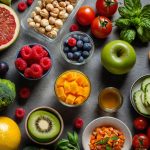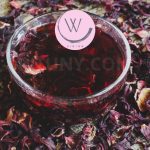11 Foods you should avoid. During the silence of night at a time when winter has a strong grip on the world, rather weird things happen, endless things, and so on. It is the season when the dreams of craving are like ether-like spirits that emerge from the senses deeply, tempting us to enjoy the comfort whose content will be sweet. Meaning, that while we are attracted to midnight snacks, there is an intricate dance where our tongues’ desires and the confidential balance of our sleeping time are intertwined.
They say meeting winter washes the mirage around us, and it strikes at the delicate patterns of sleep, as well. There are depressing winds and a great deal of short days that prevail to form a setting where it is harder for us to ease into a sound slumber. But in the evening’s concert, there exists a less-known musician who steals the show – providing provisions.
Yes, it’s true. Along with all the anxiety and responsibilities of daytime that are imposed on one by wakefulness, these uncertainties can also be felt at the subconscious level of sleep and the dream world. Knowing the subtle connections of nutritional intake with the spiritual sanctuary of quality sleep is not just a new cooking idea; it is an important part of understanding how our whole existence is taken care of.
How does food affect your body?
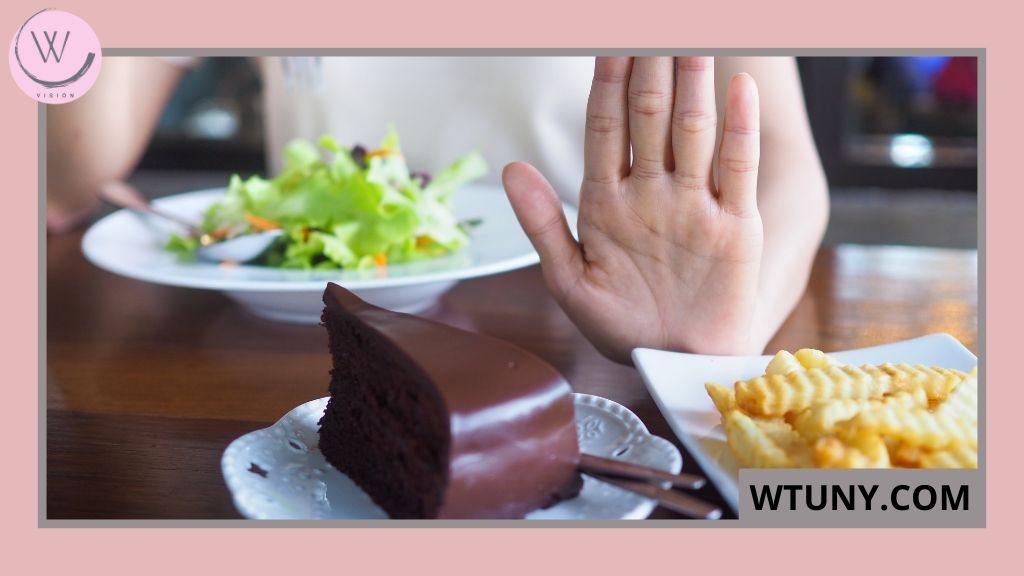
Whether your life is a bustle or a stop, your body’s sleep cycle varies from day to day. In the same way, the food that you consume benefits or hinders your health and sleep.
Many researchers found that those affecting sleep quality, like the lack of sleep, could cause the consumption of unnecessary food such as junk food and snacks as well the next day. Hence, be careful about what you snack on just before sleep as this will not only disturb your sleep but also affect the run of your next day.
Whether it is for good health or just the improvement of sleep, both sleep quality and dietary choices matter. A poor night’s sleep is not merely a solitary event confined to the nocturnal hours; it often casts a lingering ripple effect that reverberates into the waking hours. Research suggests that a night of inadequate sleep may act as a catalyst for an increased propensity towards unhealthy snacks and indulgence in junk food during the subsequent day.
The nocturnal choices we make regarding what we consume before bedtime wield a discernible impact on the quality of our sleep. It is, therefore, imperative to adopt a discerning and selective approach towards our pre-sleep culinary indulgences. The significance of this selectivity lies not only in its immediate effects on the night’s repose but also in the consequential influence on our waking hours.
Also Read: WHAT HAPPENS WHEN YOUR BODY LACKS ADEQUATE REST?
Foods to avoid before bed:

Dark chocolate
Caffeine and amino acids, 2 main ingredients, once combined, offer that energy boost. Chocolate features amino acids that give a feeling of awakening hence messing up the next day’s sleep pattern. In addition to having a sufficient cacao percentage of at least seventy percent, dark chocolate doubles your energy detected or experienced as oomph, puff, or rev. Consider that, you will see that it’s way better than a midnight snack.
ice
At bedtime, ice cream is our dream for perfectly tucking ourselves to bed to induce sweet and pleasant dreams during the night. We should reckon with the fact that although ice cream is appetizing, the sugar within can make you feel energized later. Their fat content is high, and even at times, an ice cream with low fats may not contain sugar but that may require a lot of time to break down.
However, few of us are aware of the fact that coffee maintains alertness by interfering with the substances that induce sleep like Adrenaline and Cortisol. Caffeine’s presence lasts a lot longer; therefore, to be on the safe side, try to seize it from eating or drinking at least a few hours before you go to bed. However, it is important to note that caffeine is known to stimulate the central nervous system and its effects can last for up to 8 to 14 hours, hence keep this in mind while having a cup of coffee this afternoon.
Sugar
Sugar is the biggest culprit of all foods that can affect your sleep. Sugar raises energy levels, which prevents you from falling asleep quickly. The high sugar content of each food can disrupt sleep more than sleep itself.
cheese
Have you heard that cheese eaten at night will cause you to have unusual dreams? Yes, it is possible. Tyramine, a chemical significant in cheese content, is what can cause your brain to remain alert and active even for extended periods. In that sense, after dinner, we might like to have some plates of cheese, since eating would let us fall asleep but chewing food is only hard to fall asleep.
Red meat and chicken
These foods are highly packed with animal proteins, which require a lot of energy to be broken down. The processing of these proteins can be very time-consuming, hence throwing out your body’s ability to adjust to your sleep schedule.
In this protein tyrosine amino acid exists for which the brain activity increases. It has been discussed that it could be combined with spices. This makes the metabolism faster and is sort of taking the body to another level thus it is subtle at times to fall asleep.
Diuretic food

Diuretic foods are foods that without getting rid of water, make you want to pee a lot. Celery, carrot, cucumber, ginger, or watermelon all speed up urine production. And, it is very important to remember that alcohol is a diuretic that is found in many popular drinks. The habit of drinking should be skipped before going to bed because as soon as one wakes up, he or stall experiences the urge to toilet. When using the indoor plumbing in the middle of the night, it messed with sleeping patterns and quality of sleep.
The intake of food with diuretic properties, in the evening, could increase the number of nighttime bathroom visits. Like a diuretic, these foods sort of make you pee more, and sleep is likely to be interrupted by the frequent need to go to the washroom. Often the situation is when you wake up multiple times in the middle of the night to use the bathroom resulting in a reduction of the continuity of your sleep sleep and thus a less restful overall experience being the outcome.
To maintain the quality of your sleep, try not to consume sleep-limitation food in the hours leading up to bedtime. Alternatively try to include these foods in your daytime eating, to give your body enough time to empty the bladder during the daytime, and hence minimize the risk of awakening at night. By exerting some self-control and being mindful of your consumption timing you can disrupt your sleep less and, as a result, sleep more uninterrupted and rejuvenating during the night, therefore, promoting your overall well-being and vitality.
Also Read: PROVEN TECHNIQUES TO QUICKLY REDUCE ANXIETY
General tips about foods to avoid before bed
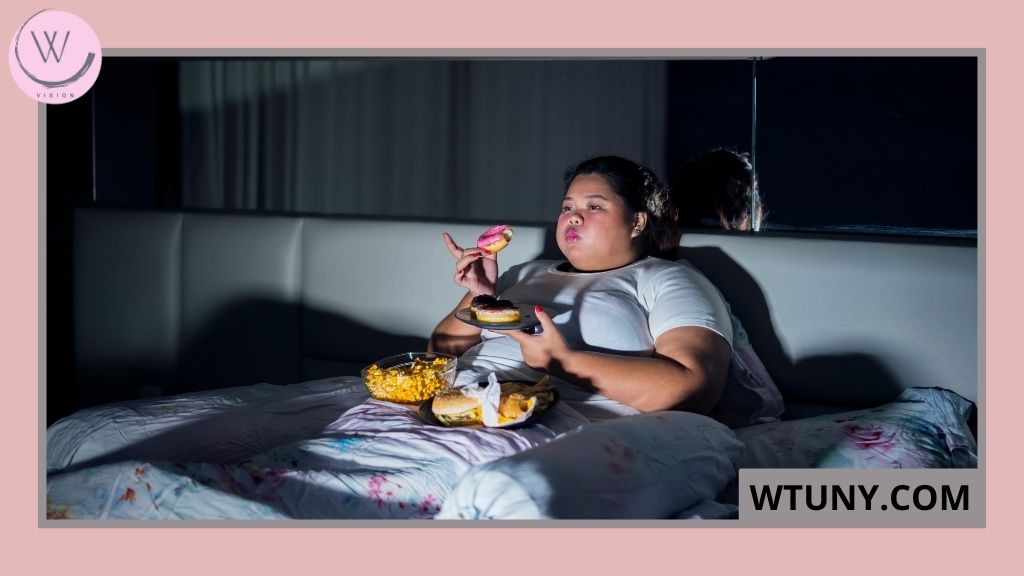
- Eat light foods that are easily digested and do not overeat in the late hours; that also helps to prevent stomach aches.
- In addition to coffee, many other foods could cause people not to sleep since they have caffeine in them (for example, tea, energy drinks, and dark chocolate).
- Similar to caffeine, tyramine also possesses stimulating properties and interferes with the feeling of hunger, so do not eat foods containing tyramine in large amounts, including those such as soy sauce, fresh tomatoes, and cheese.
- Spicy and sour foods block the way to a good night’s sleep as they cause heartburn and acidity, which prevent sleep.
Therefore, produce gut-friendly foods to avoid cravings before bed. But those little things that allow you to sleep through the night are a real affirmation that you are right on track. Food consumption should be kept for at least 3 hours before going to bed for better digestion.
The Delicate Timing of Dinner
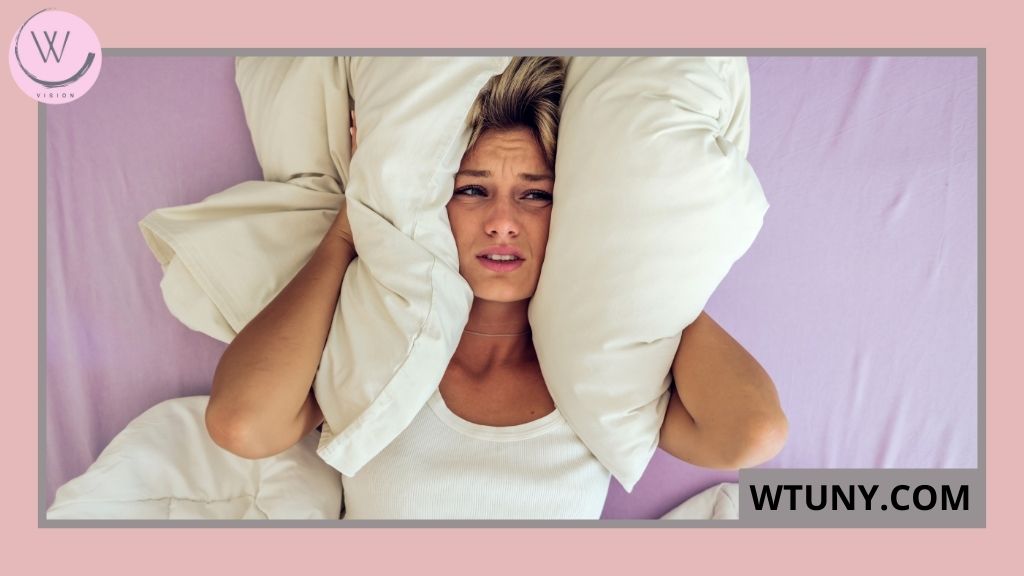
Despite knowing our body’s circadian rhythm and the harmful effects of after-meal sleeping, the meal intake time comes out as a critical factor. Be deliberate on what you eat during dinner, and make sure that it won’t be ingested three hours before you sleep. The discussion on digestion will set in before you sleep, interrupting the peace of mind. The break from craving food is only a question of time, and there is a higher chance of a continuum between the dining table and the dreamland.
At the end of the day, the choices we make in the land of food and drinks extend beyond just our satisfaction with our culinary cravings; they define the biodegradable models on which our lives are built. Empowered by these extra tips, your mealtime will henceforth serve as an expression of this relationship you have built between what you eat and sleep, which can only spell better for your health. You are what you eat! The quality of your evening meals will have a direct impact on getting the right type of sleep. So, treat your body well and let it rest!
CONCLUSION
To summarize, how you ate or what you ate just before slept may impact your sleep a lot. No imagination is required to make the right decision and go for sleep-friendly options. Whether your choice is, the more relaxed nights that you already have. Please remember to eat your last meal 3 hours before going to bed, stay away from heavy and heavy digestion ones, and opt for a balanced diet instead. Your sleep health is a key constituent of your total well-being, so select your midnight munchies that will build a blissful overnight sleep.
Having a balanced & nutritious diet becomes the integral bricklaying for healthful sleep architecture. It is how we draw the fine line between beneficial things and those which may be harmful to our growth and development. The choice of nutrient-full and sleep-friendly dietary options in a World of fast foods and late-night wakings is a new way to enjoy your culinary desires. Also, it takes good care of the ecosystem of our sleep health.


